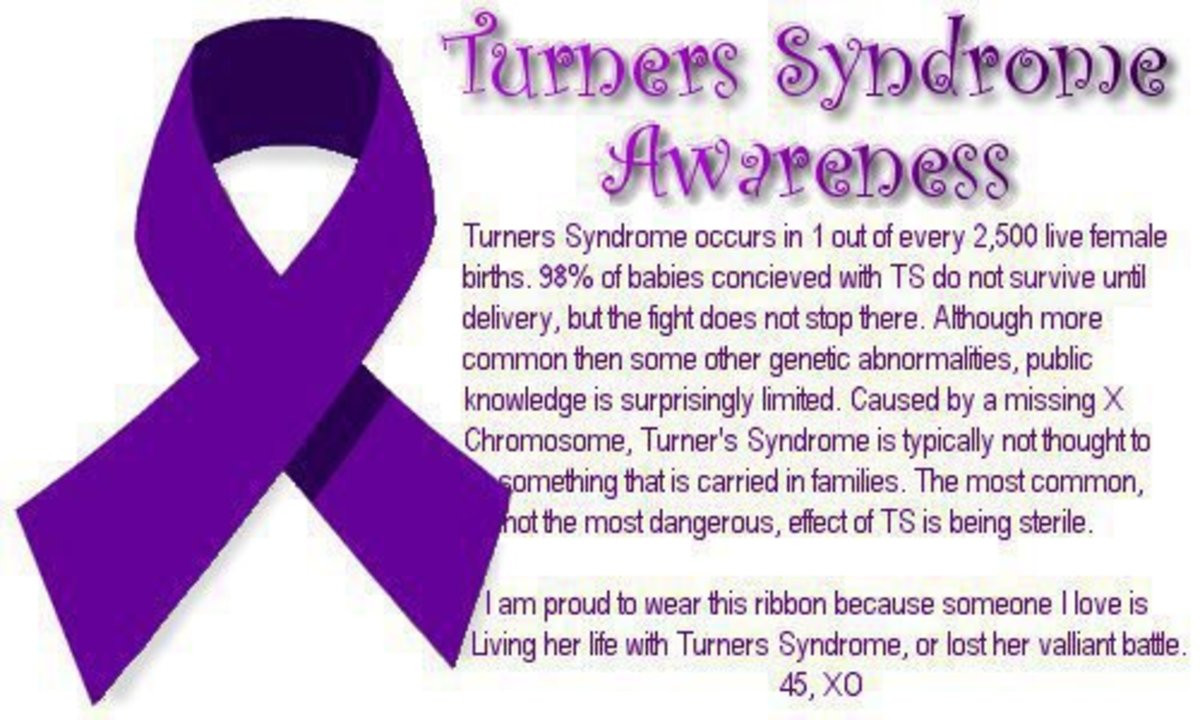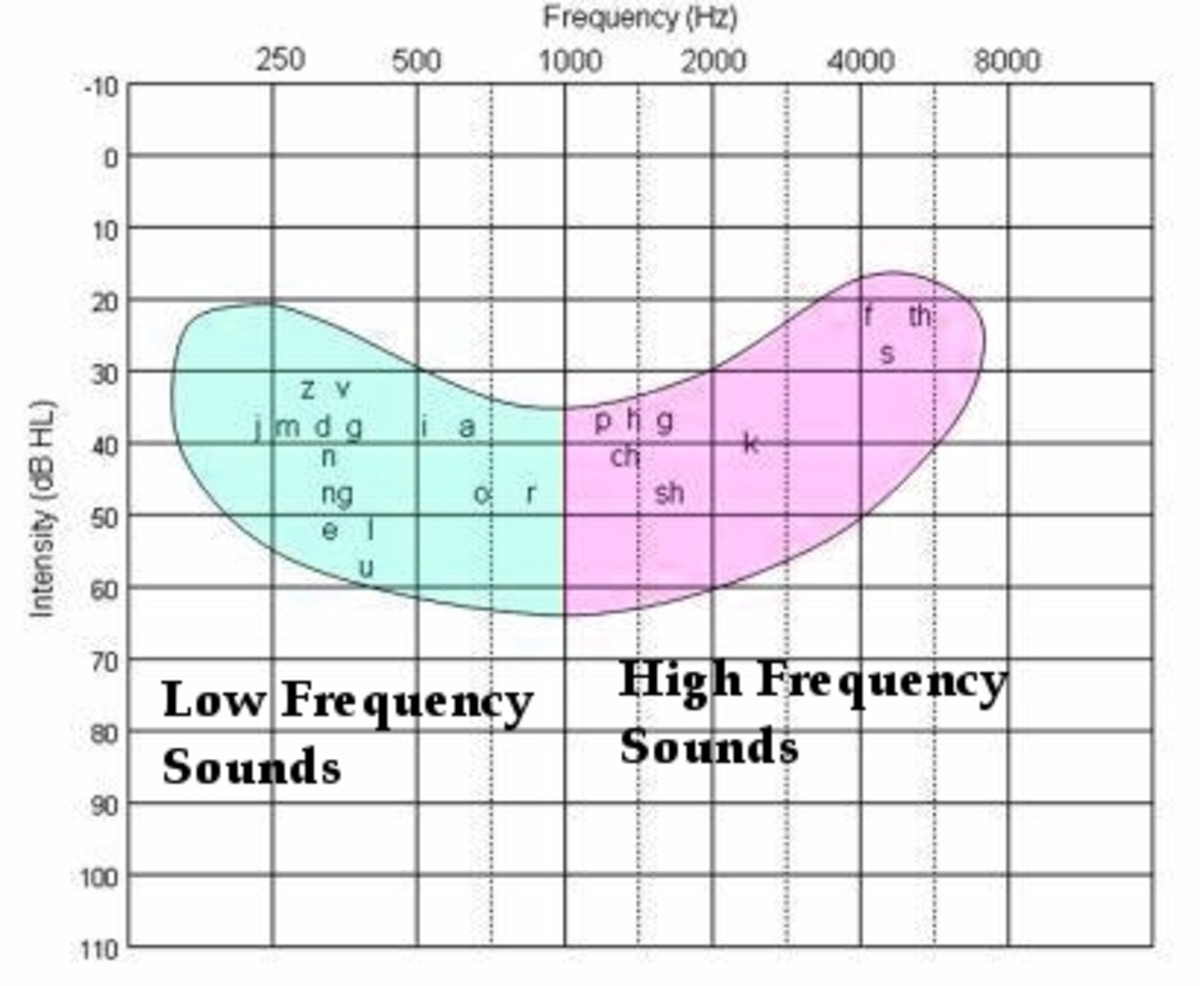Alice in Wonderland Syndrome

Through the Looking Glass
Alice in Wonderland Syndrome (AIWS) is characterized by a distortion of visual images, or metamorphosia. Objects appear either smaller or larger than they actually are to those who suffer from it. Symptoms have been found to be more prominent during periods of darkness or at night. Visual distortion, loss of time perception, touch, and sound can be affected by other areas of the brain.
Studies performed on patients actively experiencing AIWS symptoms found that a higher than normal amount of electrical activity was found to be occurring simultaneously in the area of the brain that controls visual perception. These findings help explain a little about the visual disturbances associated with Alice in Wonderland Syndrome. The sufferer may have a distorted self image and size, shape, and textures of objects may be distorted or out of proportion.
Not only is Alice in Wonderland Syndrome a headache for the one who has it, it can also give them migraines! Many doctors will commonly prescribe migraine medications for their patients with AIWS. Two other problems that are often associated with Alice in Wonderland Syndrome include the Epstein-Barr virus, or temporal lobe epilepsy.
Primary treatment will be much like that of a treatment regimine for a migraine sufferer. Some anti-migraine solutions have also seem to work well for AIWS sufferers. They include getting adequate amounts of rest and sleep, and avoidance of hangovers. Dietary limits or exclusions of chocolate, sharp cheese, and red wine have been found to be very helpful for many Alice in Wonderland Syndrome patients.
Alice in Wonderland Syndrome gets its name from the scene in the movie when Alice is only a few inches tall after she drinks the shrinking potion. It is a perceptual disturbance, not a physiological one. Diagnosis is usually confirmed after all physical causes have been ruled out. One other determining factor that is common for patients with AIWS is that the symptoms are usually seen more prominently after darkness falls.
The perceptual world of an AIWS patient is seeing their fingers as long and slender when in reality they are short and fat. This visual disturbance can be seen in other objects as well. Imagine waking up from a long sleep only to find that you feel paralyzed.
Imagine waking up from a long sleep only to find that you feel paralyzed, or seeing your hand as skinny with long fingers when yours are actually short and your hand is pudgy. Ever dream of running, yet it was in slow motion? Now imagine feeling that way while wide awake.
Children commonly are the most diagnosed group of Alice in Wonderland Syndrome patients, usually outgrowing the disorder by adolescence. AIWS can be dangerous for some when just getting through an ordinary day. This person's judgement of the size of the vehicle, or the distance away, can be misjudged if crossing the street during an AIWS episode.
Alice in Wonderland Syndrome can be very frightening for the sufferer, sometimes making them feel as if they are "going crazy". If you or anyone you know suffer from these distorted perceptions, please consult a physician.

Health Articles
- Twins With One Mother, Two Different Fathers
The past decade has been memorable for many history making events. 9/11, War in Iraq, a recession, and so many other tragic deaths and events to mention that it leaves a person with a heavy heart when... - Treatment for Seasonal Allergies
Forty million Americans suffer from seasonal allergies. Onset of symptoms typically begins at around ten years of age, and most seasonal allergy and hay fever sufferers are fully aware of the problem before... - Symptoms of Chronic Fatigue Syndrome
A feeling of always being tired, having difficulty concentrating, stiffness of the joints, muscles aches, or a feeling of mental and physical exhaustion could be signs of a condition known as Chronic Fatigue... - Living With Sleep Disorders
Somnambulism, or sleepwalking, is a type of sleep disorder in which the sleepwalker may not realize they have until being witnessed by someone or finding signs that they may have been sleepwalking. For... - Persistent Sexual Arousal Syndrome
Persistent Sexual Arousal Syndrome (PSAS), is a real medical condition that primarily affects women. PSAS can probably be compared to priapism in men. Priapism is an erection lasting for more than four hours,...










